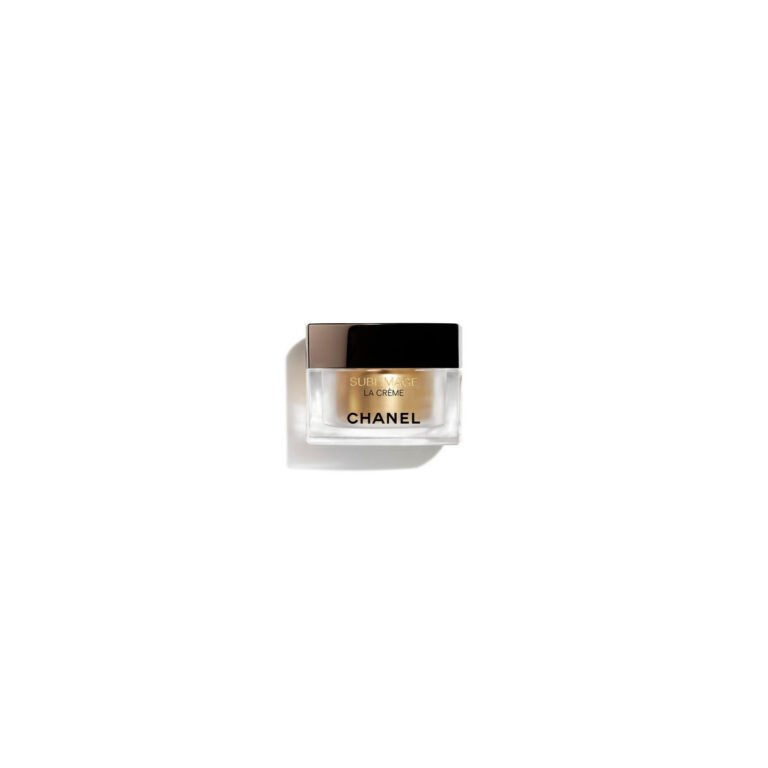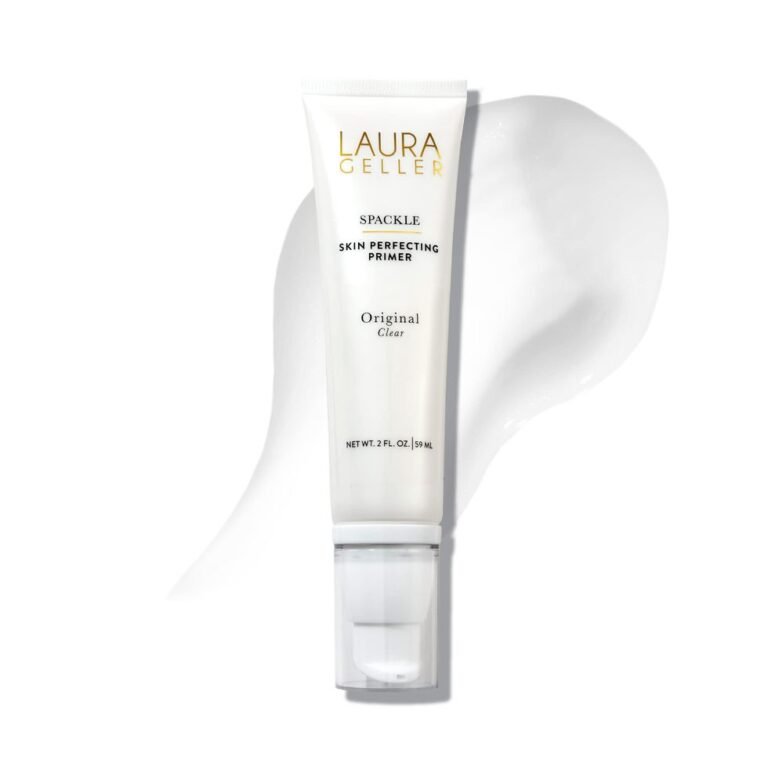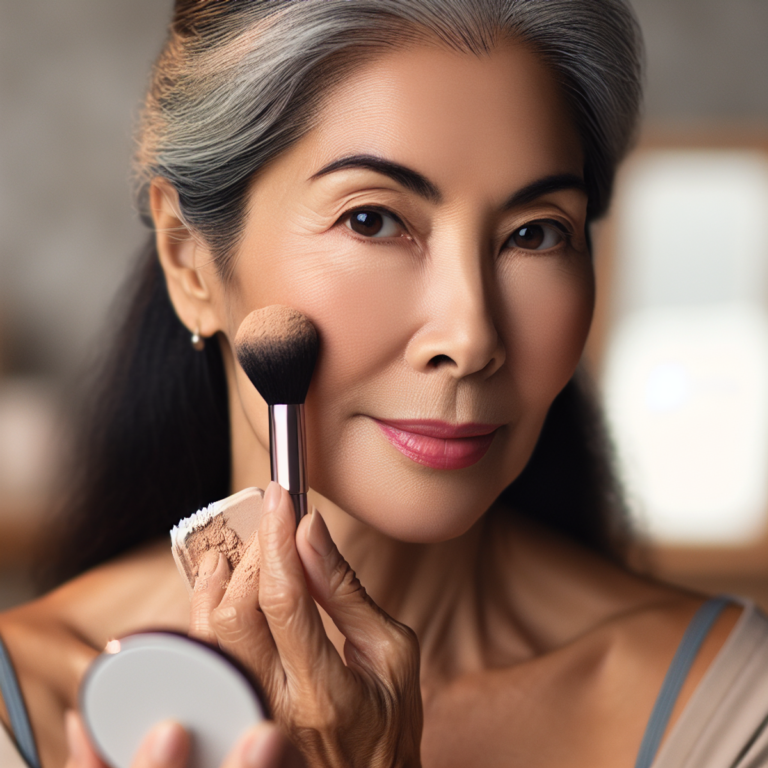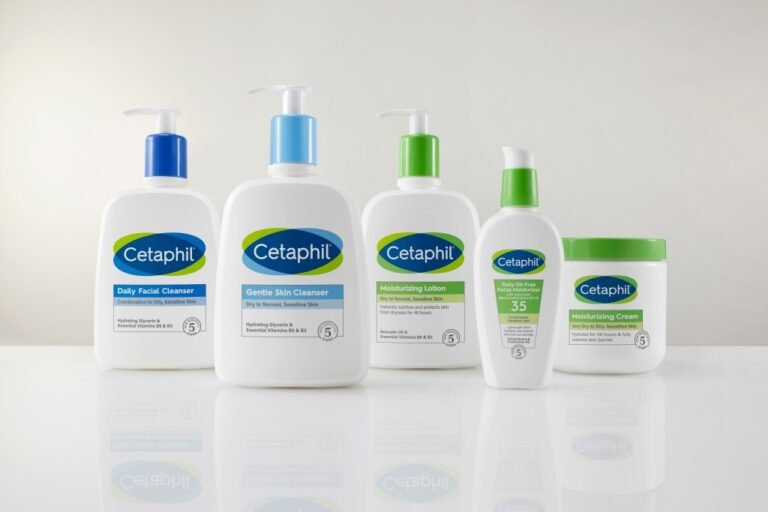Best Scalp Treatments to Relieve Dryness, Flaking, and Itching

Introduction
The health of our scalp is often overlooked, but it plays a crucial role in the overall health and appearance of our hair. Dryness, flaking, and itching are common scalp issues that can not only be uncomfortable but also affect our self-confidence. In this article, we will explore the best scalp treatments to relieve dryness, flaking, and itching, helping you achieve a healthier and more comfortable scalp.
Understanding Dry Scalp
Dry scalp occurs when the skin on the head loses too much water or moisture, leading to itching and flaking. It is a common condition that can affect people of all ages. To fully understand dry scalp, let’s explore its definition and the various causes associated with it.
Definition of Dry Scalp
Dry scalp refers to a condition where the skin on the scalp becomes dry, irritated, and prone to flaking. Unlike dandruff, which is caused by an excess of oil production on the scalp, dry scalp is characterized by a lack of moisture in the skin. This can result in itchiness, redness, and small white flakes.
Common Causes of Dry Scalp
- Harsh hair care products: Using shampoos and hair care products that contain harsh chemicals or irritants can strip away the natural oils from the scalp, leading to dryness. Ingredients like sulfates and alcohol are known to be drying and can contribute to a dry scalp.
- Weather conditions: Extreme weather conditions, such as cold winter air or excessive heat and humidity, can cause the scalp to become dry and flaky. The lack of moisture in the air can dehydrate the skin on the scalp.
- Aging: As we age, our skin produces less sebum, which is the natural oil that keeps our skin moisturized. This decrease in sebum production can result in a drier scalp.
- Skin conditions: Certain skin conditions like psoriasis and eczema can affect the scalp and cause it to become dry, itchy, and flaky. These conditions often involve an inflammatory response that disrupts the normal functioning of the skin cells on the scalp.
Understanding these causes is crucial in finding effective treatments for dry scalp. By addressing the underlying factors contributing to dryness, you can alleviate discomfort and promote a healthier scalp. In the following sections, we will explore the symptoms, diagnosis, and best scalp treatments for dryness, flaking, and itching.
Symptoms and Diagnosis
To diagnose dry scalp, it’s important to know the common symptoms that suggest a problem and when to seek medical help.
Common Symptoms of Dry Scalp
- Itching: Constant itching on the scalp is a main sign of dryness. It can be mild or severe, causing a lot of discomfort.
- Flaking: Seeing flakes or dandruff on your scalp and clothes is another clear indication of dry scalp. The flakes may be small or large and can come with redness.
If you have these symptoms, especially if they don’t go away with over-the-counter treatments, it’s important to see a doctor for proper diagnosis and treatment advice. You should also seek medical attention if you notice any of the following:
- Constant itching
- Red rash on the scalp
- Swollen, warm, or painful scalp
These symptoms could mean there are underlying conditions that need professional assessment and treatment.
Remember, getting diagnosed early and receiving appropriate treatment can prevent further discomfort and potential complications from untreated dry scalp.
Best Scalp Treatments for Dryness, Flaking, and Itching
Dry scalp can be a frustrating condition that causes discomfort and embarrassment. Fortunately, there are several effective treatments available to relieve dryness, flaking, and itching. In this section, we will explore the best scalp treatments that can help restore moisture and promote a healthy scalp.
1. Gentle Moisturizing Shampoos
One of the simplest and most effective ways to treat dry scalp is by using gentle moisturizing shampoos. These shampoos are specifically formulated to nourish and hydrate the scalp, helping to alleviate dryness and reduce itching. They contain ingredients that replenish moisture, soothe irritation, and promote a healthy scalp environment.
Benefits of using gentle moisturizing shampoos for dry scalp:
- Hydrates the scalp: Gentle moisturizing shampoos contain ingredients like hyaluronic acid and glycerin that help to retain moisture in the scalp, preventing dryness.
- Soothes irritation: These shampoos often contain natural extracts such as aloe vera or chamomile, which have soothing properties that calm an itchy or irritated scalp.
- Cleanses without stripping: Unlike harsh cleansers, gentle moisturizing shampoos effectively cleanse the hair and scalp without stripping away natural oils, which can contribute to dryness.
Recommended brands and ingredients:
- Head & Shoulders Royal Oils Moisture Boost Shampoo: This shampoo is specifically designed for dry, itchy scalps. It contains moisturizing ingredients like coconut oil and aloe vera to hydrate and soothe the scalp.
- Neutrogena T/Gel Therapeutic Shampoo: This medicated shampoo contains coal tar extract, which helps to control itching and flaking associated with dandruff. It also provides effective cleansing without drying out the scalp.
- Aveeno Scalp Soothing Oat Milk Blend Shampoo: Formulated with oat milk and almond oil, this shampoo gently cleanses the scalp while nourishing and moisturizing it. It is suitable for sensitive scalps prone to dryness.
Using a gentle moisturizing shampoo regularly can help to improve the condition of your scalp, reduce dryness, and alleviate itching and flaking. Remember to follow the instructions on the product label for best results.
In addition to gentle moisturizing shampoos, there are other treatment options available for dry scalp. Let’s explore some home remedies that can provide relief.
2. Home Remedies
If you prefer natural remedies or want to supplement your regular scalp care routine, there are several home remedies that can help soothe and hydrate a dry scalp. These remedies often use ingredients readily available in your kitchen or pantry and have been used for generations to promote scalp health.
Apple cider vinegar rinses:
Apple cider vinegar has antimicrobial properties that can help balance the pH level of the scalp, reducing dryness and itchiness. To use this remedy, mix equal parts of apple cider vinegar and water, and apply it to your scalp after shampooing. Leave it on for a few minutes before rinsing thoroughly.
Oil applications:
Oils like coconut oil and avocado oil are rich in fatty acids that moisturize the scalp and reduce flaking. Simply warm up a small amount of oil, apply it to your scalp, and massage gently. Leave it on for at least an hour or overnight before washing it off with a gentle shampoo.
It’s important to note that while home remedies can be effective, they may not work for everyone. If your symptoms persist or worsen, it’s advisable to consult a healthcare provider or dermatologist for further evaluation.
Now that we’ve explored gentle moisturizing shampoos and home remedies, let’s delve into medicated treatments for more severe dry scalp conditions.
3. Medicated Ointments, Creams, or Shampoos
For persistent or severe dry scalp conditions, medicated treatments may be necessary. These treatments often contain active ingredients that target specific causes of dryness and flaking, such as fungal infections or excessive skin cell turnover. It’s important to follow the instructions provided with these products and consult a healthcare professional if you have any concerns.
Types of medicated ointments/creams/shampoos available for dry scalp:
- Antifungal dandruff shampoos: These shampoos contain antifungal agents like ketoconazole or selenium sulfide, which help to control fungal overgrowth on the scalp. They are effective in treating conditions like seborrheic dermatitis or dandruff.
- Salicylic acid exfoliants: Products containing salicylic acid help to remove excess dead skin cells from the scalp, reducing flaking and promoting a healthier scalp environment. They are commonly found in shampoos or creams designed for psoriasis or scalp psoriasis.
Always follow the instructions provided with medicated treatments and be mindful of any potential side effects or precautions mentioned on the packaging. If you have concerns about using these products, consult a healthcare provider for guidance.
2. Home Remedies
When it comes to addressing dry scalp issues, home remedies can offer natural and effective solutions. Here are two popular home remedies for dry scalp and their benefits:
Apple Cider Vinegar Rinses
- Benefits: Apple cider vinegar is known for its antibacterial and antifungal properties, which can help combat the underlying causes of dry scalp. It also helps balance the scalp’s pH levels, reducing itching and flaking.
- Usage Instructions: Dilute apple cider vinegar with water in a 1:1 ratio. After shampooing, apply the mixture to your scalp and leave it on for a few minutes before rinsing thoroughly.
Oil Applications (Coconut Oil, Avocado Oil)
- Benefits: Both coconut oil and avocado oil are rich in moisturizing properties that can deeply hydrate and nourish the scalp. Coconut oil has antimicrobial properties that can aid in relieving dryness and itchiness.
- Usage Instructions: Gently warm the oil of your choice and massage it into your scalp. Leave it on for at least 30 minutes or overnight for maximum absorption before washing it out with a gentle moisturizing shampoo.
These home remedies provide a natural approach to soothing and nourishing the scalp, offering relief from dryness, flaking, and itching without harsh chemicals or additives. Incorporating these remedies into your regular hair care routine can help promote a healthier scalp environment.
By integrating these home remedies with gentle moisturizing shampoos, individuals dealing with dry scalp conditions can adopt a comprehensive approach to nurturing their scalp back to health. Whether used independently or in combination, these remedies offer a gentler alternative to medicated treatments while providing valuable nourishment and hydration for the scalp.
3. Medicated Ointments, Creams, or Shampoos
When it comes to treating dry scalp, medicated ointments, creams, and shampoos can provide effective relief. Here’s an overview of these medicated treatments and their recommended usage:
Overview of Medicated Treatments for Dry Scalp
Medicated treatments are specifically formulated to target underlying causes of dry scalp such as fungal infections or excessive skin cell buildup. These products often contain active ingredients that help to soothe the scalp and restore moisture balance.
Types of Medicated Ointments/Creams/Shampoos Available
- Antifungal Dandruff Shampoos: These shampoos contain antifungal agents such as ketoconazole or selenium sulfide, which can effectively combat fungal overgrowth on the scalp. For instance, ketoconazole shampoo has shown promising results in treating fungal infections.
- Salicylic Acid Exfoliants: Creams or shampoos containing salicylic acid can help exfoliate the scalp, removing dead skin cells and promoting a healthier scalp environment.
Recommended Usage and Precautions
- It’s important to carefully follow the instructions provided with medicated treatments to ensure safe and effective use.
- When using medicated shampoos, allow the product to sit on the scalp for a few minutes before rinsing to maximize its benefits.
- Be mindful of any potential side effects such as scalp irritation or allergic reactions, and discontinue use if any adverse reactions occur.
Medicated ointments, creams, and shampoos can offer targeted relief for persistent dry scalp issues by addressing specific underlying causes. When incorporating these treatments into your hair care routine, it’s advisable to consult with a healthcare provider or dermatologist to determine the most suitable options for your individual needs.
Other Treatment Options for Severe Dry Scalp Conditions
If you’re dealing with severe dry scalp conditions that just won’t go away with over-the-counter treatments, it’s time to seek help from a dermatologist. These medical experts specialize in diagnosing and treating all sorts of skin issues, including dry scalp. Here’s what you need to know:
1. Get Professional Help: Consultation and Diagnosis
When it comes to stubborn dry scalp problems, a dermatologist is your best bet. While mild cases can often be managed with OTC products, more severe or long-lasting dryness may require expert intervention. A dermatologist will:
- Examine your scalp thoroughly: By taking a close look at your scalp, dermatologists can assess how severe the problem is and if there are any underlying causes.
- Ask about your medical history: They’ll want to know about any past skin conditions, allergies, or medications that could be contributing to your dry scalp.
- Rule out other possibilities: Dermatologists can differentiate between dry scalp and similar conditions like psoriasis or seborrheic dermatitis, which may call for different treatment methods.
- Create a personalized plan: Based on their evaluation, dermatologists can recommend specific treatments tailored to your unique needs.
Diagnostic Procedures and Examinations Performed by Dermatologists
During your visit to the dermatologist’s office, they might conduct certain diagnostic procedures and examinations to accurately diagnose your dry scalp condition. These could include:
- Scalp biopsy: In some cases, a small sample of skin may be taken from your scalp for further analysis under a microscope. This can help determine if there are any underlying skin conditions contributing to your dryness.
- Allergy testing: If an allergic reaction is suspected as the cause of your dry scalp, patch testing or other allergy tests may be conducted to identify potential triggers.
- Blood tests: In certain situations, blood tests may be ordered to check for any underlying medical conditions that could be causing or contributing to your dry scalp.
Keep in mind that while dermatologists can provide valuable insights and personalized treatment plans, they may also prescribe prescription medications to manage severe dry scalp conditions.
Prescription Medications
For more severe cases of dry scalp that don’t respond well to OTC treatments, dermatologists often recommend prescription medications. These may include:
- Corticosteroids: Topical corticosteroids can help reduce inflammation and relieve itching associated with dry scalp. They come in various forms such as creams, ointments, or lotions.
- Oral medications: In certain situations, dermatologists may prescribe oral medications such as antihistamines or immunosuppressants to manage severe itching or underlying skin conditions contributing to dryness.
Remember to follow your dermatologist’s instructions carefully when using prescription medications and report any side effects or concerns promptly.
Seeking Natural Remedies
In addition to seeking professional help from a dermatologist, there are natural remedies that can help soothe and hydrate the scalp. The next section will explore these natural remedies in more detail.
If you’ve tried various treatments for your dry scalp but it just won’t go away, make sure to consult a dermatologist. They can provide an accurate diagnosis and recommend appropriate treatments to effectively alleviate your symptoms.
2. Prescription Medications
Prescription medications are another option for treating persistent dry scalp conditions, especially when over-the-counter remedies have not been effective. Dermatologists may recommend the following prescription medications for dry scalp treatment:
Corticosteroids
These anti-inflammatory drugs can help reduce itching and inflammation on the scalp. They are available in various forms, including creams, ointments, and lotions.
Oral Medications
In some cases of severe scalp conditions, dermatologists may prescribe oral medications to address underlying causes of dryness and flaking. These medications may target specific skin conditions that contribute to dry scalp, such as psoriasis or eczema.
It’s important to follow the usage instructions provided by the dermatologist when using prescription medications for dry scalp treatment. Additionally, individuals should be aware of potential side effects associated with these medications and discuss any concerns with their healthcare provider.
Using prescription medications for dry scalp treatment should be done under the guidance and supervision of a dermatologist to ensure safety and effectiveness.
Prescription medications can provide targeted relief for persistent dry scalp symptoms and may be necessary for individuals with underlying skin conditions contributing to scalp issues. Consulting a dermatologist is crucial to determine the most suitable prescription treatment based on individual needs and medical history.
Natural Remedies to Soothe and Hydrate the Scalp
When it comes to addressing dry scalp, natural remedies can offer effective solutions while being gentle on your skin. Here are some key points to consider when exploring natural remedies for dry scalp:
Benefits of Natural Remedies:
- Natural remedies are often free from harsh chemicals and artificial fragrances, making them suitable for sensitive skin.
- Some natural ingredients possess soothing and hydrating properties that can help alleviate dryness and itching without causing further irritation.
Recommended Natural Ingredients:
- Aloe Vera: Known for its moisturizing and anti-inflammatory properties, aloe vera gel can be applied directly to the scalp to soothe dryness and reduce itching.
- Tea Tree Oil: With its antifungal and antibacterial properties, tea tree oil can help manage conditions such as dandruff and seborrheic dermatitis, which are common causes of scalp dryness.
Usage Instructions and Precautions:
- Aloe Vera: Gently massage a small amount of pure aloe vera gel onto the scalp, ensuring thorough coverage. Leave it on for about 30 minutes before rinsing with lukewarm water.
- Tea Tree Oil: Dilute a few drops of tea tree oil with a carrier oil such as coconut or olive oil before applying it to the scalp. Conduct a patch test prior to full application to check for any adverse reactions.
It’s important to remember that individual responses to natural remedies can vary, so it’s advisable to perform a patch test before widespread use. Additionally, if you have any existing skin conditions or allergies, consult with a healthcare provider or dermatologist before incorporating new natural remedies into your scalp care routine.
Lifestyle Habits for Maintaining a Healthy Scalp
Taking care of your scalp is essential for maintaining its health and preventing dryness, flaking, and itching. By incorporating a few simple lifestyle habits into your routine, you can promote a healthy scalp and reduce the risk of scalp-related issues. Here are some tips to help you maintain a healthy scalp:
Importance of Scalp Hygiene
Proper scalp hygiene is crucial in preventing dryness and irritation. By keeping your scalp clean, you can remove excess oil, dirt, and product buildup that can clog hair follicles and contribute to scalp problems. Here are some practices to incorporate into your scalp hygiene routine:
- Regularly wash your hair: Washing your hair two to three times a week helps remove impurities from the scalp and keeps it clean. Use a gentle shampoo specifically formulated for dry scalp to avoid stripping away natural oils.
- Massage your scalp: Massaging your scalp while shampooing not only helps stimulate blood flow but also helps distribute natural oils throughout your hair. This can prevent dryness and promote overall scalp health.
Tips for Preventing Dryness, Flaking, and Itching
In addition to maintaining proper scalp hygiene, there are several lifestyle tips you can follow to prevent dryness, flaking, and itching:
- Avoid harsh hair care products: Harsh chemicals found in some shampoos, conditioners, and styling products can strip away the natural oils from your scalp, leading to dryness. Opt for gentle, sulfate-free products that are specifically designed for dry scalps. Check out this resource for more information on choosing the right hair care products.
- Protect your scalp from extreme weather conditions: Exposure to extreme weather conditions such as cold winds or excessive sun can dehydrate your scalp, leading to dryness and flakiness. Wear a hat or use a scarf to protect your scalp when venturing out in harsh weather.
- Limit heat styling tools: Excessive use of heat styling tools like flat irons and curling wands can damage your hair and scalp, leading to dryness and irritation. Minimize the use of these tools and always use a heat protectant spray before styling. This article provides additional tips on hair care, including heat styling.
- Maintain a balanced diet: A healthy diet rich in vitamins, minerals, and antioxidants can promote scalp health. Include foods like fruits, vegetables, lean proteins, and omega-3 fatty acids to nourish your scalp from within. For more information on maintaining a balanced diet, you can refer to this resource.
By incorporating these lifestyle habits into your daily routine, you can maintain a healthy scalp and reduce the risk of dryness, flaking, and itching. Remember to listen to your scalp’s needs and make adjustments as necessary. Taking care of your scalp is not only about achieving beautiful hair but also about promoting overall scalp health.
Conclusion
Dry scalp treatment summary:
- Importance of Seeking Professional Help: If you experience persistent symptoms such as constant itching, a red rash, or a swollen/warm/painful scalp, it is crucial to consult a healthcare provider for a proper diagnosis and treatment plan. Over-the-counter remedies may not always be sufficient for severe scalp conditions.
- Final Thoughts on Finding the Best Scalp Treatments: When addressing dryness, flaking, and itching of the scalp, it’s essential to explore various treatment options to find what works best for your specific condition. Whether it’s gentle moisturizing shampoos, home remedies, medicated ointments, natural remedies, or seeking professional dermatological advice, the right treatment can significantly improve scalp health and overall comfort.
Remember that each individual’s scalp condition may differ, so finding the most effective treatment may require some experimentation. By prioritizing scalp health and seeking appropriate care when needed, you can effectively manage and relieve dryness, flaking, and itching for a healthier scalp.
Always prioritize your scalp health and seek professional help if necessary for long-term relief from dry scalp conditions.










